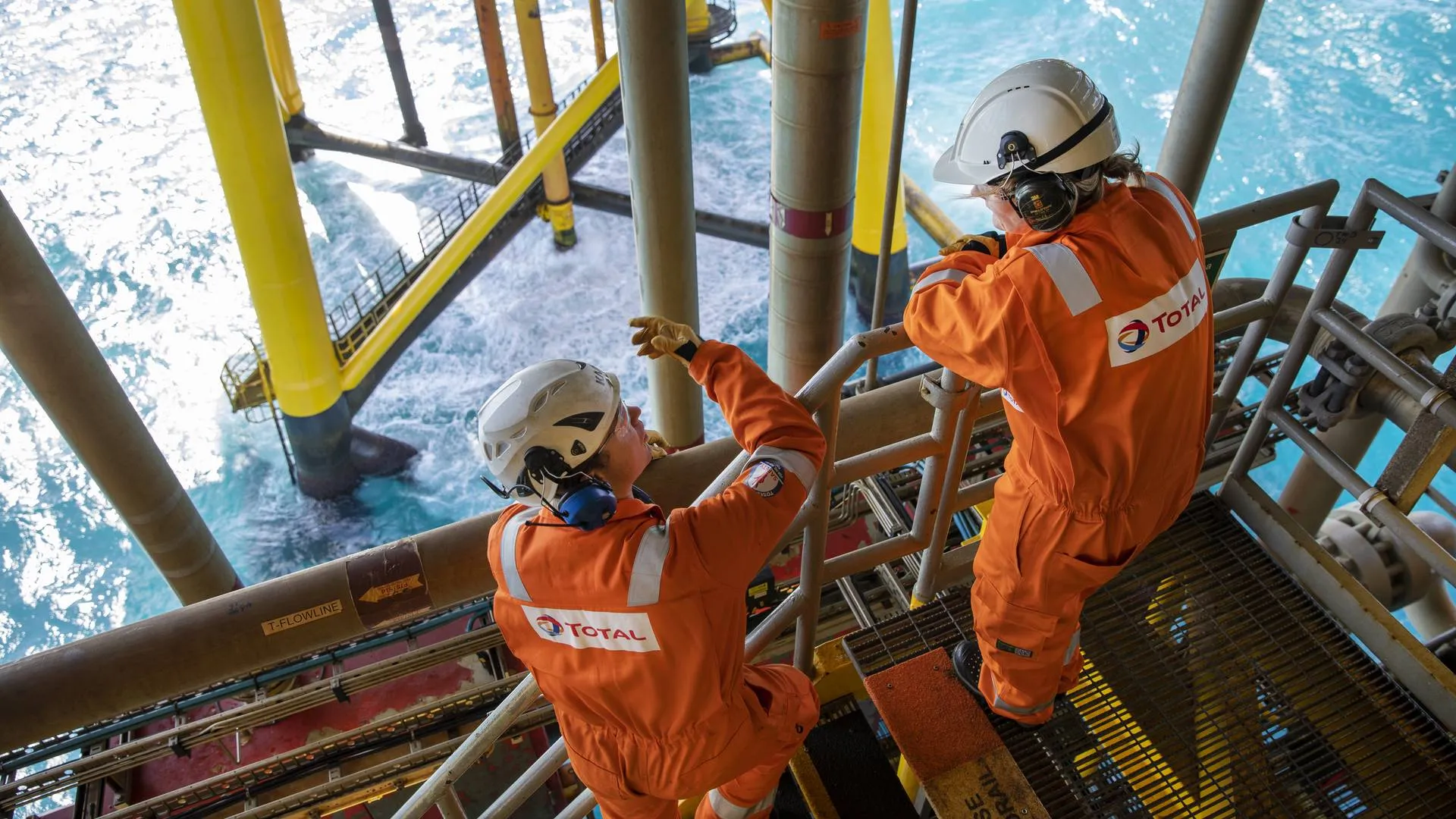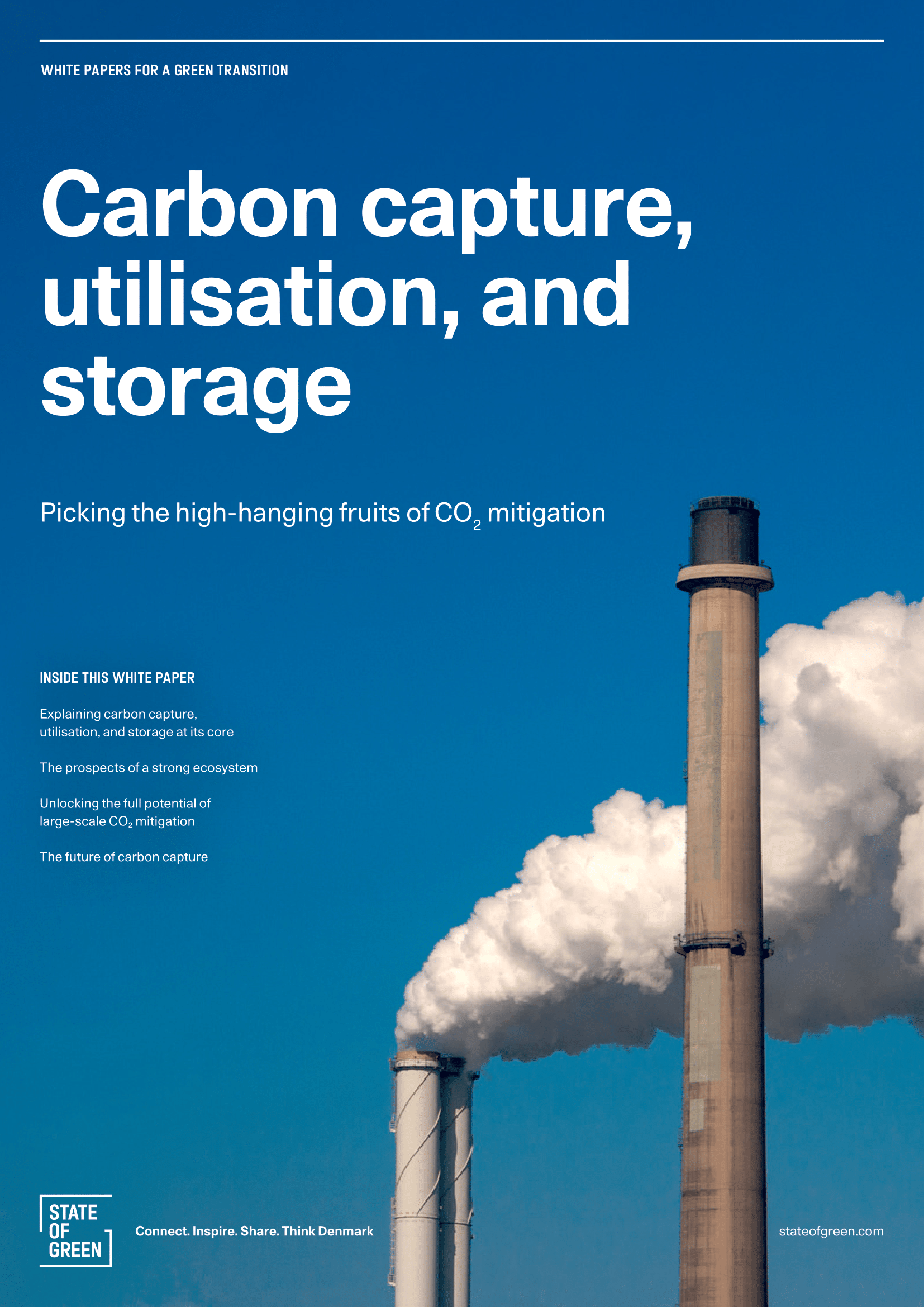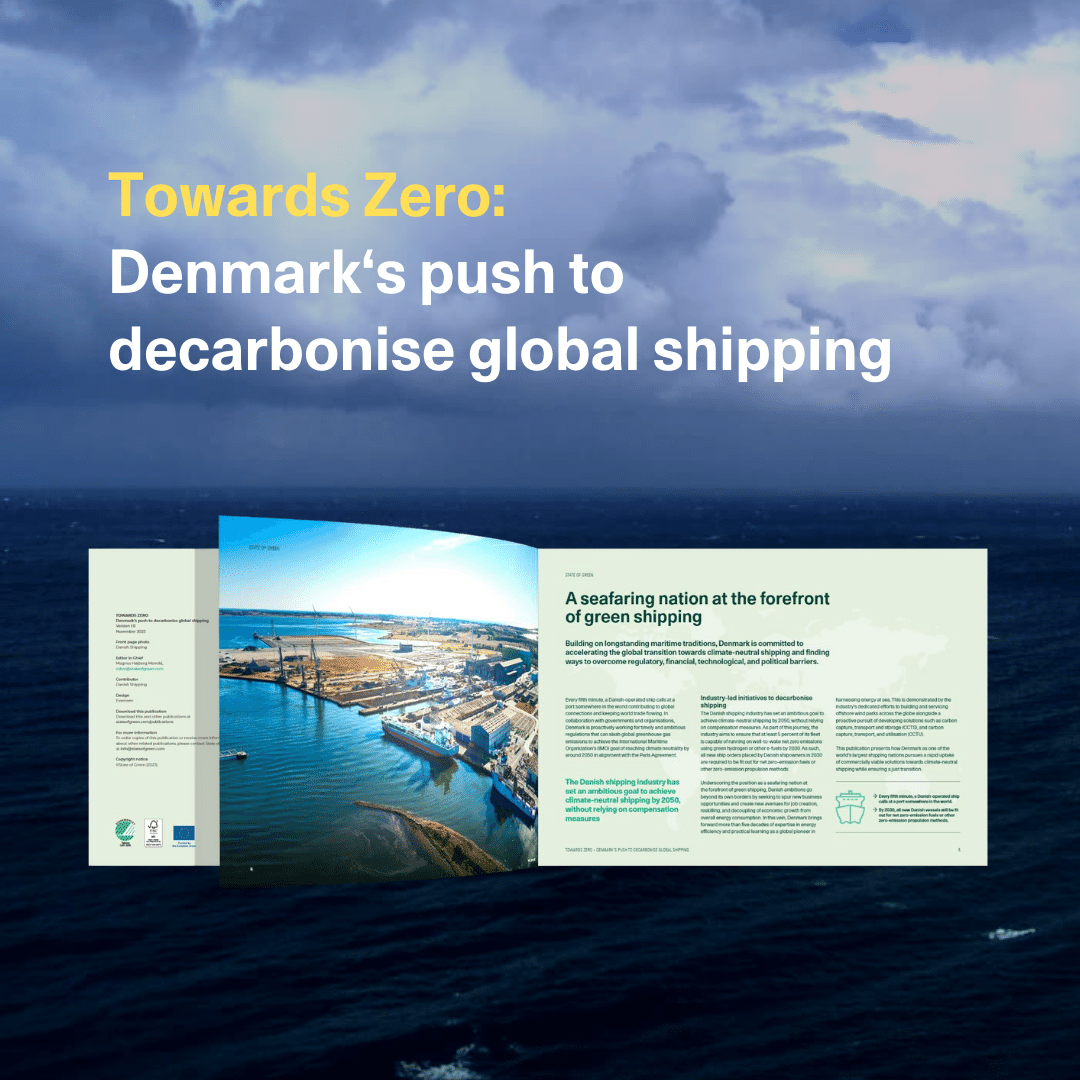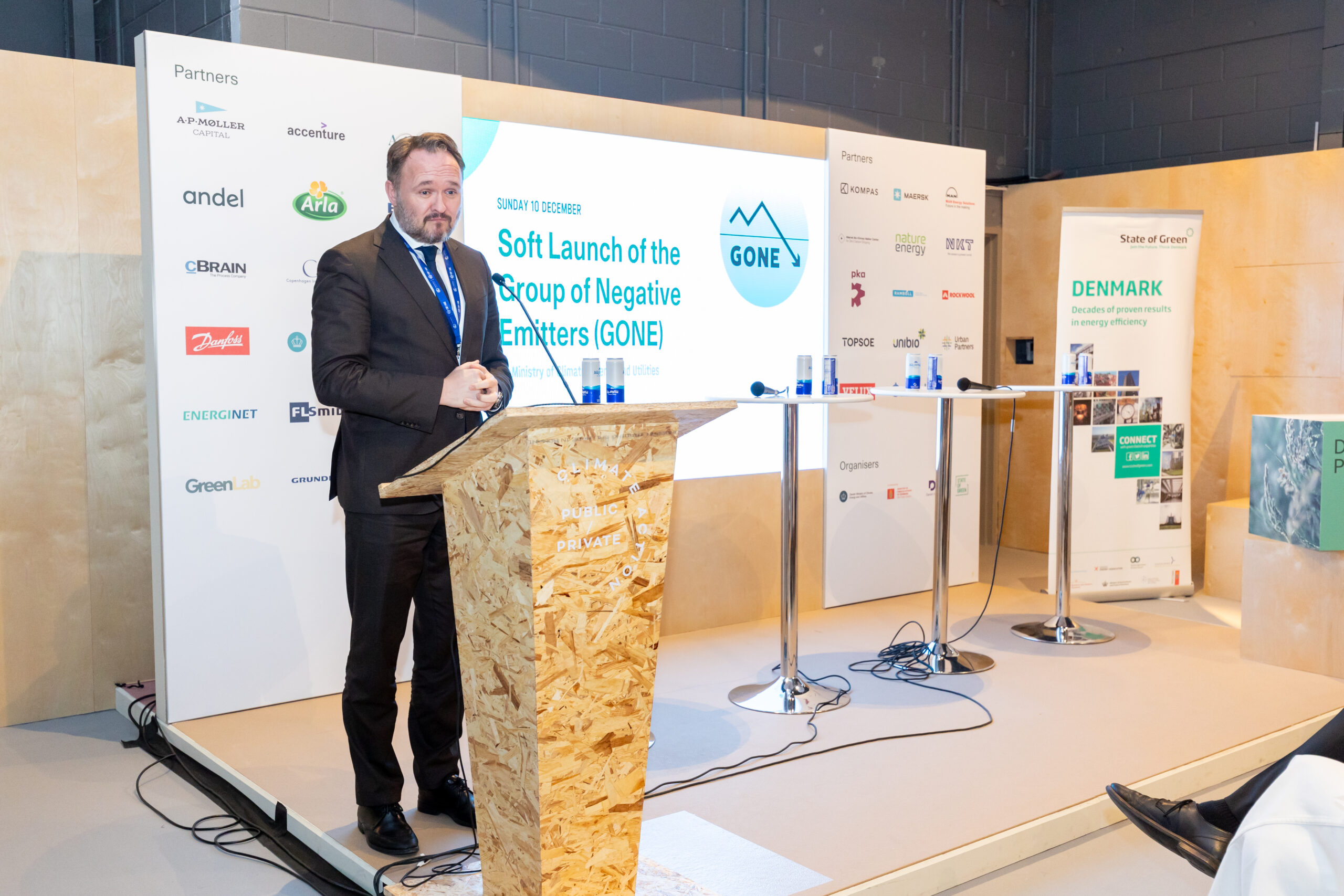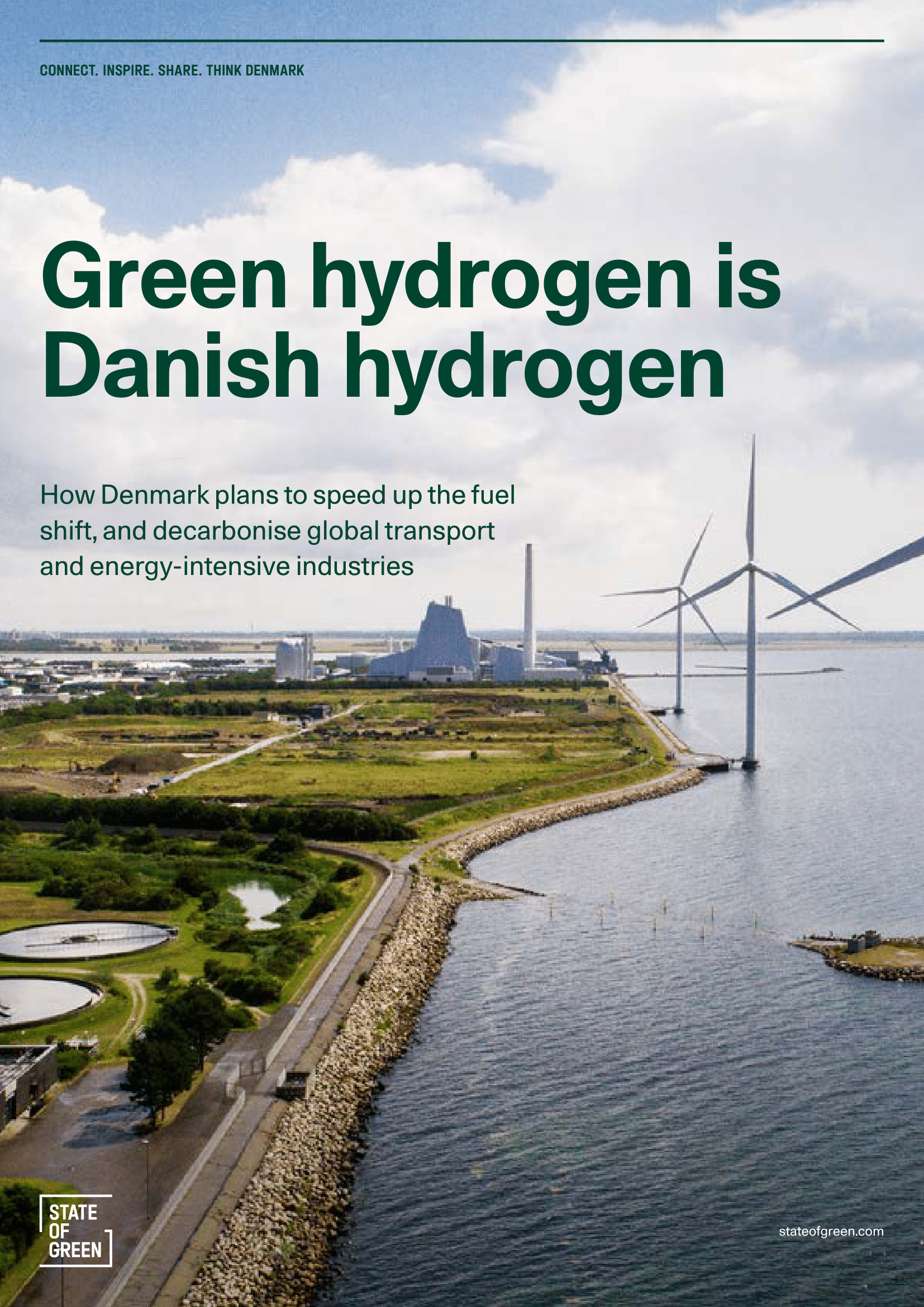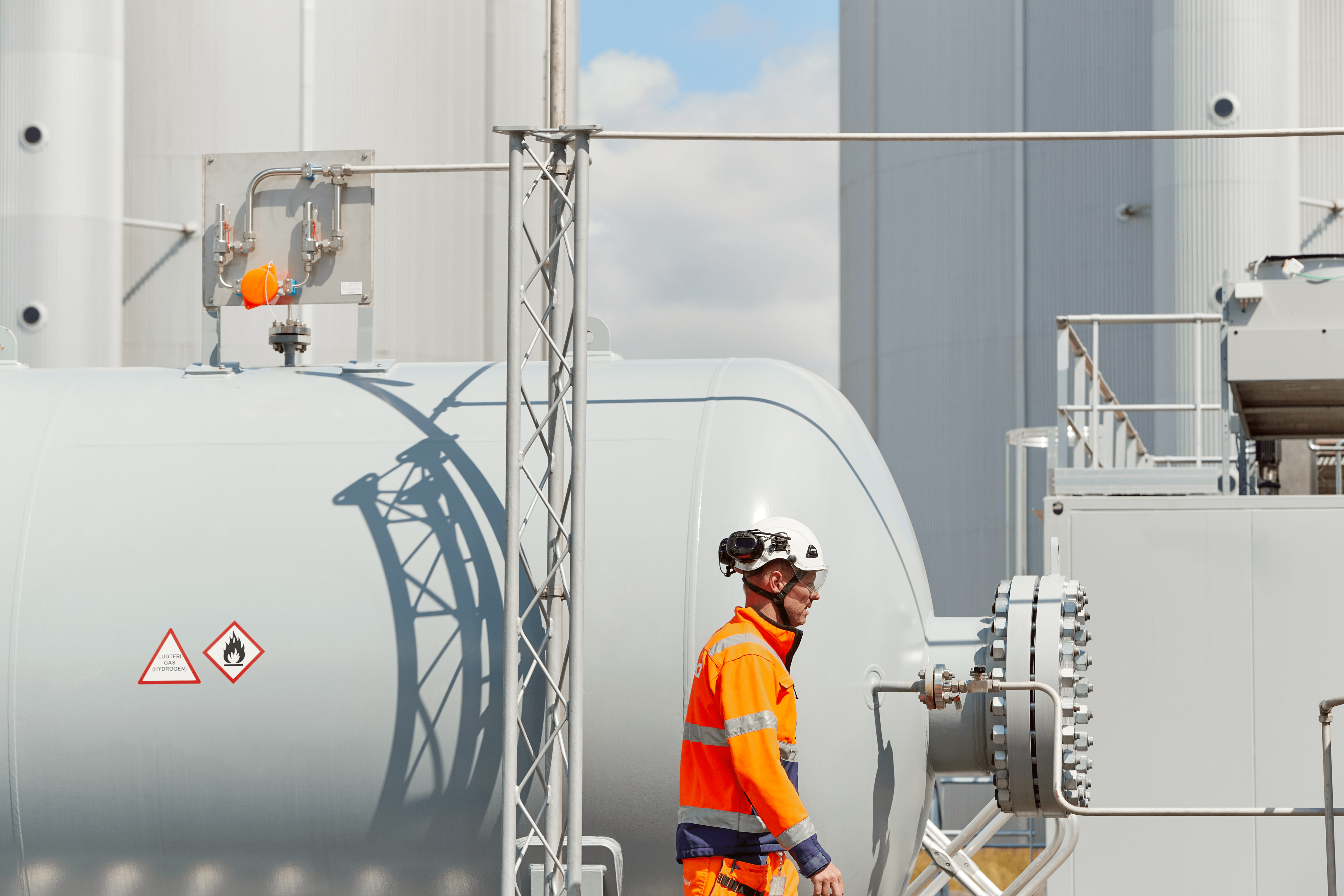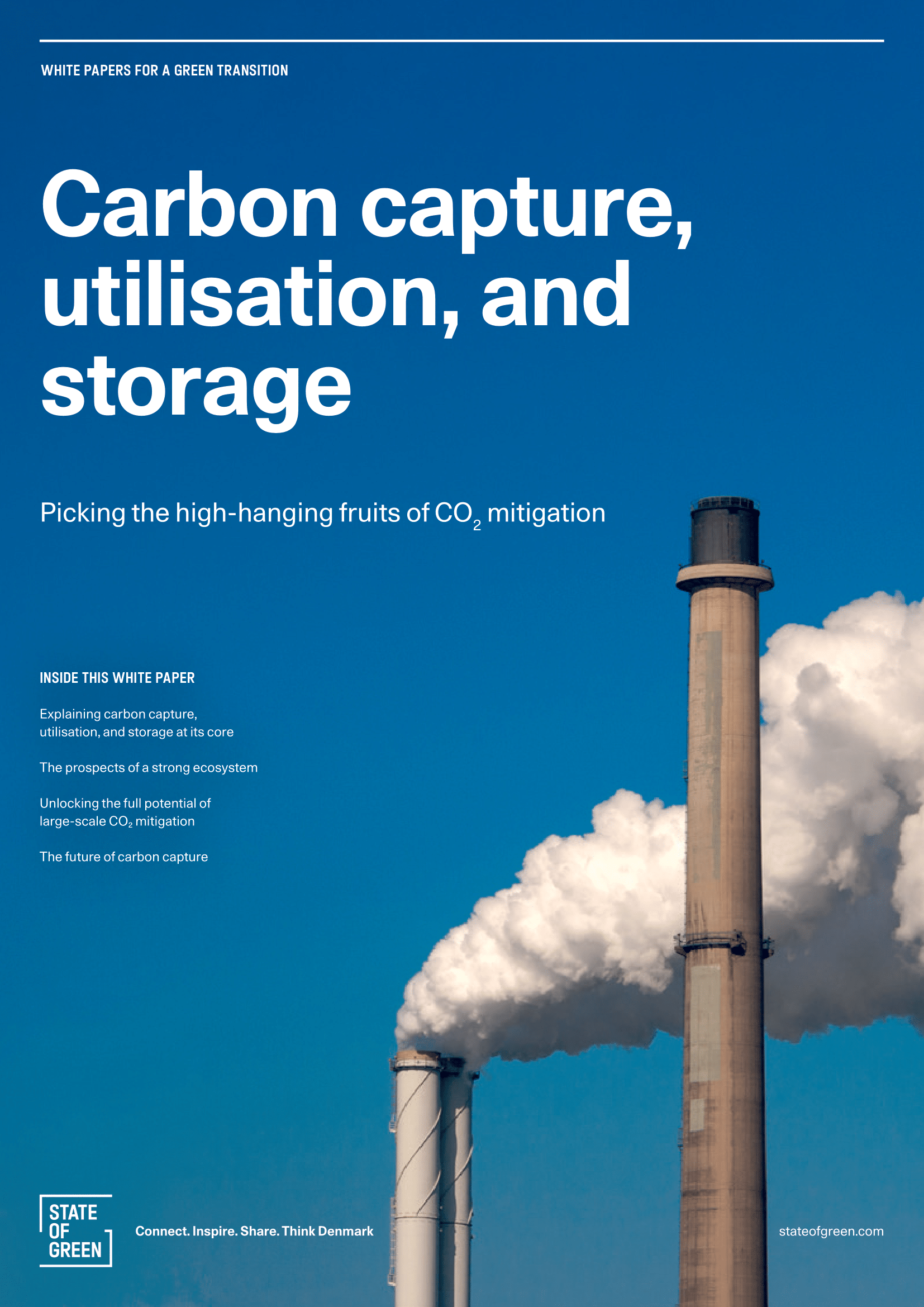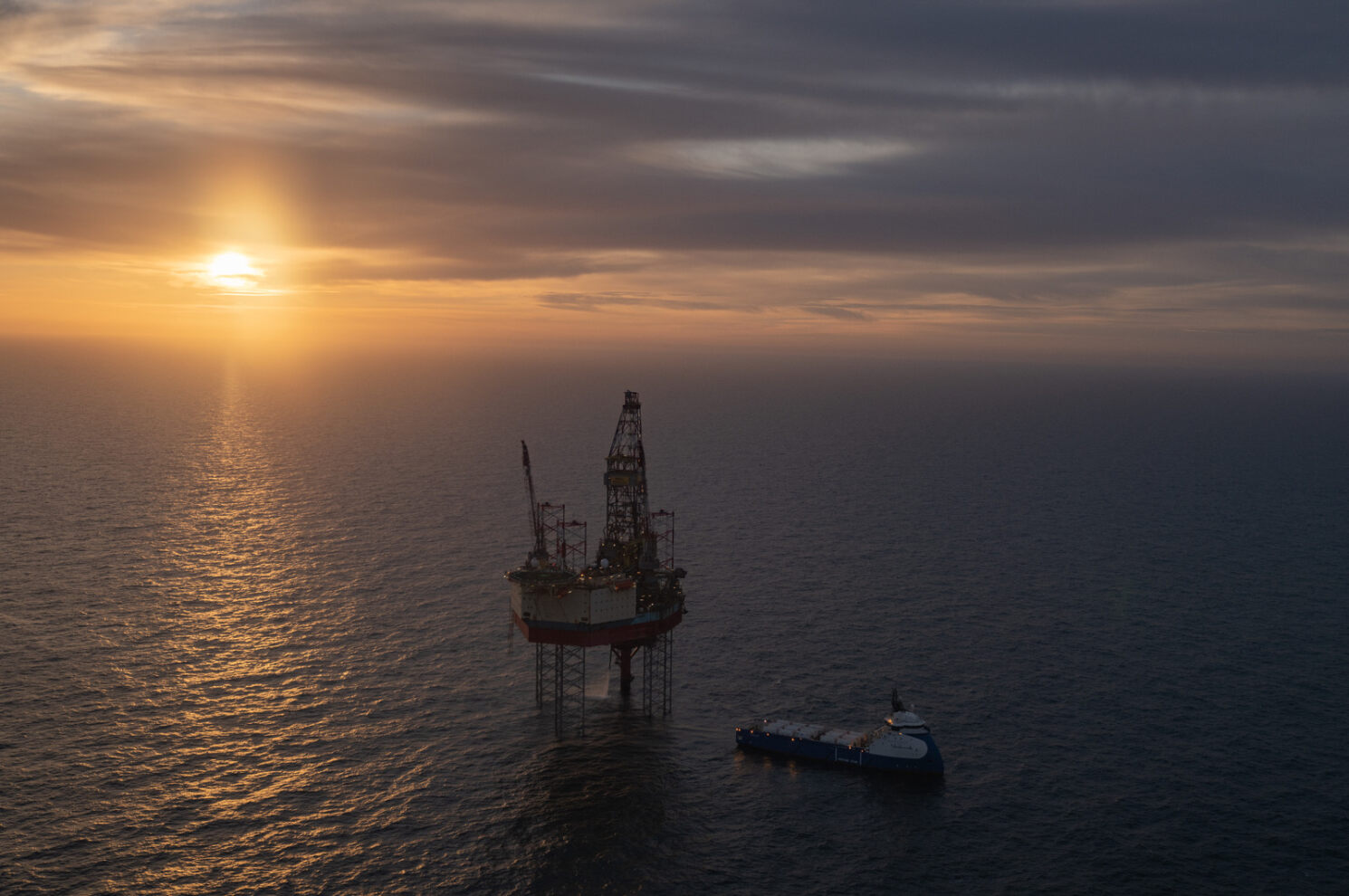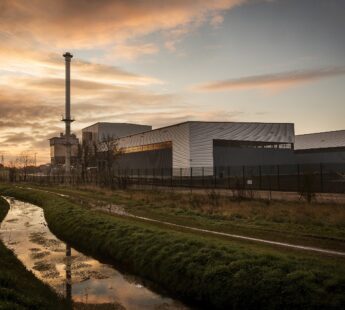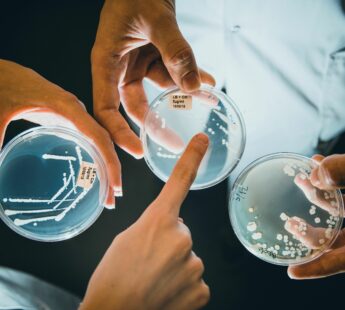Photo: Project Bifros
On 4 March 2024, Denmark and France signed a new international arrangement for the transport and storage of CO2. The arrangement makes it possible to transport captured CO2 from one country to the other with the purpose of storing it underground.
Both renewable energy and energy efficiency are important elements of the European green transition. Carbon capture and storage as well, as it enables us to remove some of the emissions that are very difficult to get rid of or reduce otherwise – and today’s arrangement between Denmark and France contributes to the development of an international industry for carbon capture and storage which will help EU reach the goal of climate neutrality by 2050.
“Carbon capture and storage is a necessary tool when paving the way to our international climate goals, but we need it in a much bigger scale than it is today. We have to utilise both storage options, resources and projects across borders in order for the industry to grow – and in order for the EU to reach climate neutrality by 2050. This arrangement with France is a push towards an international industry for carbon capture and a push for climate neutrality.” Lars Aagaard, Minister for Climate, Energy and Utilities
Related content: A world’s first in CO2 storage
“Carbon capture and storage will be a key tool in the short run to decarbonise the European industry, and in the long run to provide an acceleration of the overall decarbonisation through an artificial carbon sink. France has issued an ambitious strategy to accelerate the deployment of this technology, up to 8 MtCO2 stored each year in 2030 and 20 MtCO2 in 2050. Our partnership with Denmark, a key actor in storage, will be key to reach these targets and accelerate collectively towards European climate neutrality in 2050,” Roland Lescure, French Minister Delegate for Industry and in charge of energy.
Besides the arrangement with France, Denmark has also signed agreements with the Netherlands, Belgium, Flanders and Wallonia.
Also read: Danish underground holds higher potential for CCUS than anticipated
